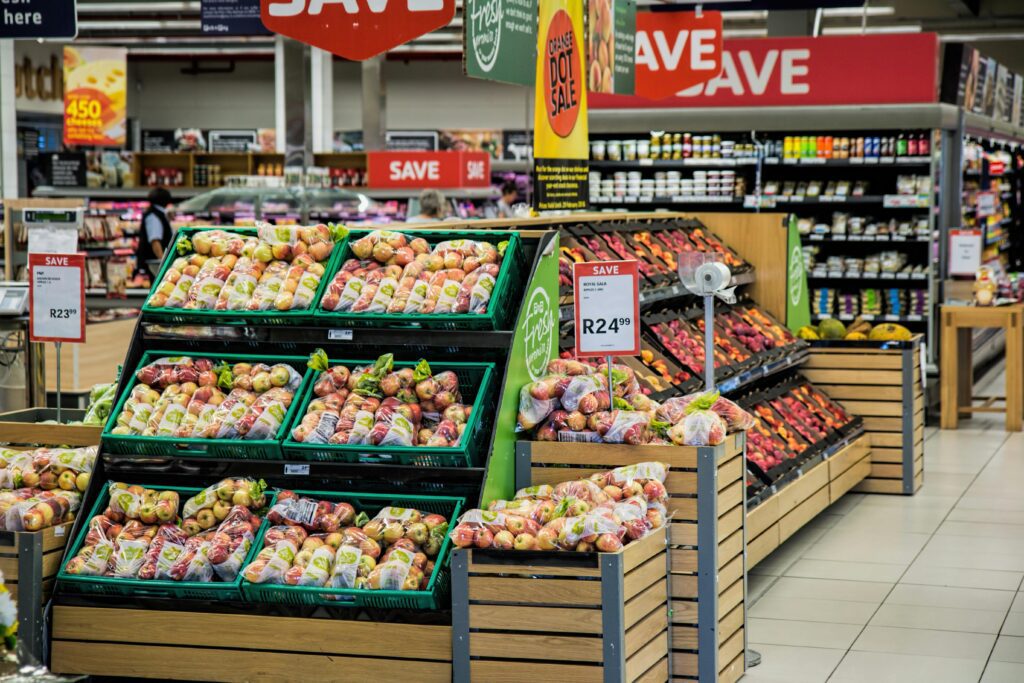High inflation appears to be easing, but many Americans are still grappling with the lingering impact of elevated grocery prices.
“During the pandemic, grocery prices soared, and unfortunately, they’ve continued to rise even after the pandemic has subsided,” remarked Sen. Elizabeth Warren, D-Mass., during a Senate hearing on Wednesday.
Consumers may find it frustrating to witness the cost of everyday items like chicken breasts or bread increase from week to week, Warren noted. Additionally, they may be dismayed to discover that products like cereal or spaghetti now offer fewer servings for the same price—a phenomenon known as shrinkflation.
There’s a divide among lawmakers regarding the root cause of these soaring prices.
Warren attributed the surge in grocery prices to corporate price gouging, emphasizing the dominance of a few companies controlling the entire food supply chain. On the other hand, Sen. John Kennedy, R-La., pointed to excessive government spending under President Joe Biden as the culprit.
A recent Harris poll revealed that nearly three out of five Americans mistakenly believe the country is experiencing an economic recession, with inflation ranking as a top concern.
“While inflation is showing signs of easing, prices remain high,” explained Mark Hamrick, senior economic analyst at Bankrate. “As long as prices stay elevated, affordability challenges will persist.”

